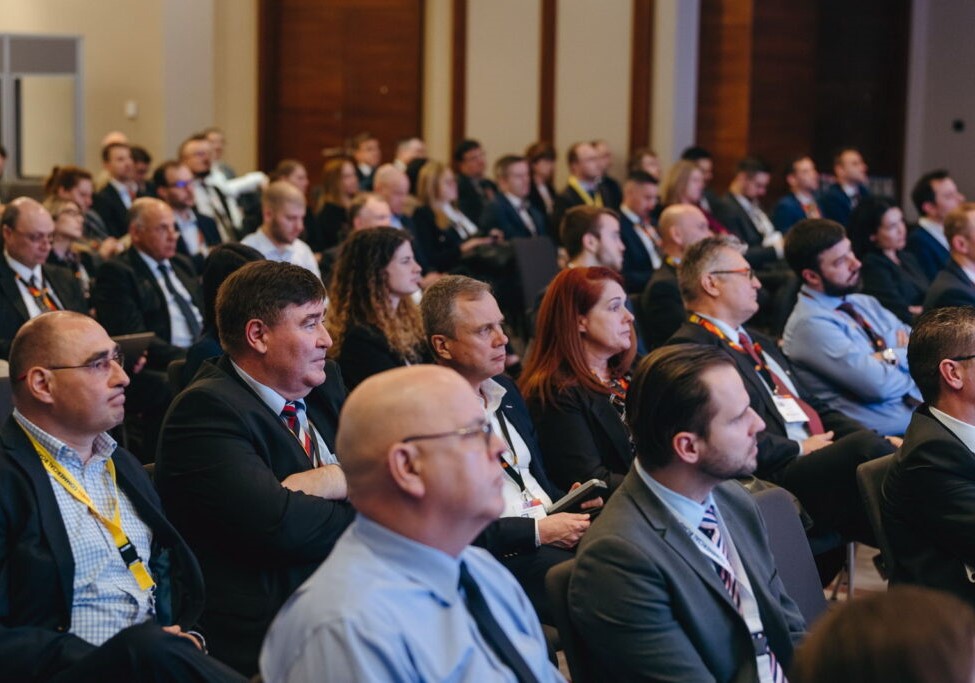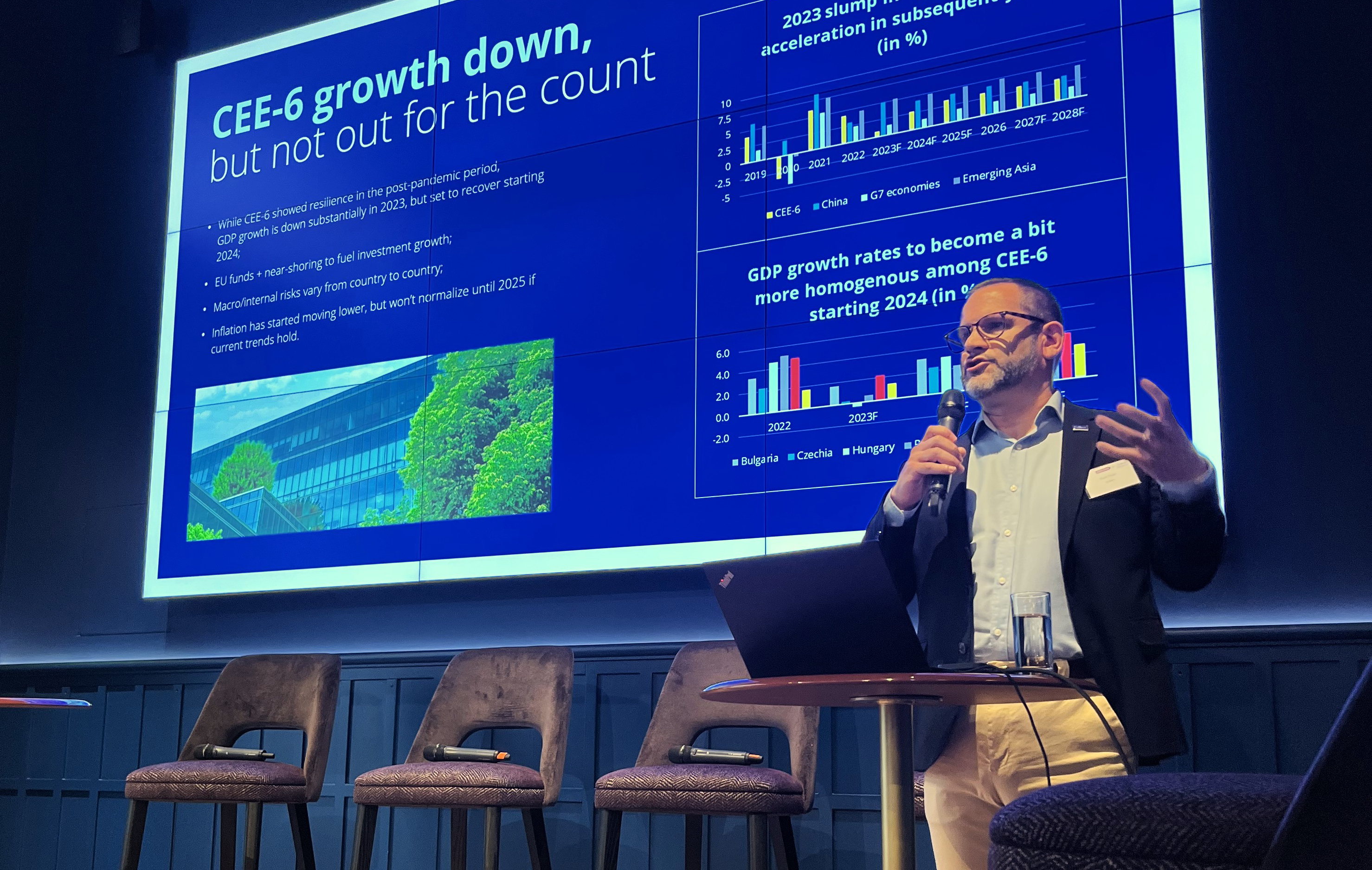BSD Unites Leaders and Experts to Shape Future of Regional Security

Gold braid and Palaces: Senior officers talk against the backdrop of Castle Hill.
The organizers of the first Budapest Security Dialogue conference in the Hungarian capital have said it exceeded all expectations. The700-plus participants attending the Budapest Marriott Hotel on April 26-27 heard from more than 40 speakers.
BSD aims to become a prominent platform for discussing regional security issues. The event is “deliberately conceived as a counterpart to the Munich Security Conference,” the organizers told the Budapest Business Journal. Hungary’s Minister of Defense Kristóf Szalay-Bobrovniczky opened the conference by declaring, “The most important thing is peace!”
The two-day event brought together prominent keynote speakers, including defense ministers from Hungary, Bosnia and Herzegovina, Kosovo, Montenegro, Serbia, and Slovakia, and the EU High Representative for Foreign Affairs Josep Burrell, whose remit includes the union’s common security and defense policy.
A ministerial meeting of the Central European Defense Cooperation with Balkan states was held in Budapest the day before the conference opened.
Also attended by chiefs of staff and NATO and EU representatives as well as 18 ambassadors, the conference aimed to foster comprehensive discussions on crucial topics shaping security in Central and Southeastern Europe. Among the 20 participating companies were Airbus, Rheinmetall and Saab, as well as institutional partners such as Dialog Hungary.
Key topics included EU-Western Balkans cooperation and European defense enhancement. The event emphasized bridge-building and collaboration in addressing regional security challenges. Alongside the talk, the BSD also featured a defense industry exhibition.
In his opening keynote, Szalay-Bobrovniczky emphasized the importance of peace, lamenting what he called the current “war fever” in Europe and the world. He stressed that Europe must be able to protect itself and that Central Europe and the Western Balkans must articulate their positions on this crucial issue.
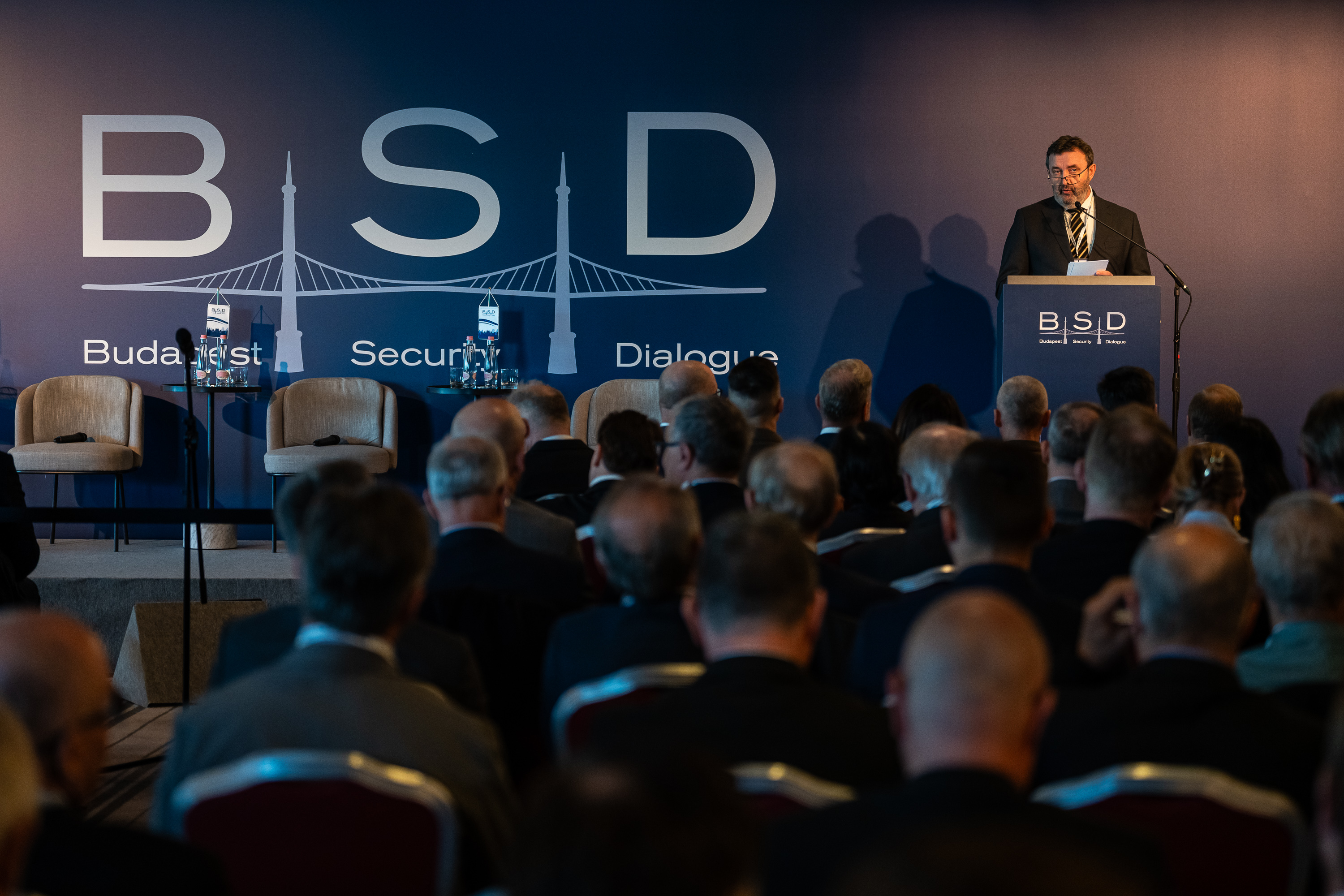
Former Minister of Technology and Industry and now CEO of N7 Holding Zrt., László Palkovics.
High-tech Force
He warned that Hungary cannot afford to be weak. He emphasized the country’s efforts to modernize its army since 2010, dismantling outdated Soviet-era structures and building a high-tech force fully compatible with NATO standards.
Robert Kaliňák, Slovakia’s Deputy Prime Minister and Minister of Defense, expressed concerns about the slow pace of EU integration in the Western Balkans, citing the EU’s lack of progress since 2003. He emphasized the importance of cooperation between neighboring countries, citing Slovakia and Hungary’s “near-optimal partnership” as an example.
Insights from Montenegran and Kosovo ministers emphasized proactive measures to anticipate and address new challenges.
László Palkovics, former technology and industry minister and now CEO of N7 Holding Zrt., said Hungary’s defense industry is at the forefront of the state’s re-equipment efforts. This approach aims not only to drive national security but also to become a key engine for the economy. He added that the country is also looking to establish a presence on the international market and integrate into global supply chains.
Conference discussions touched upon regional security developments, political and military structures, the historical context in the Balkans, and the impact of events like the war in Ukraine on EU enlargement perspectives. The event underlined the significance of unity and strategic cooperation in ensuring peace and stability in the region.
“The BSD clearly filled a significant void in the region, providing a valuable platform for exchange and networking,” said Wolf Illner, managing director of BSD. He said he and his team were “thrilled by the overwhelmingly positive feedback.”
The organizers say they are already planning next year’s event, which will take place in April 2025 with Bosnia-Herzegovina as the focus country. Before that, Illner’s team will stage the Euro Defense Drone Conference in the Hungarian capital this October.
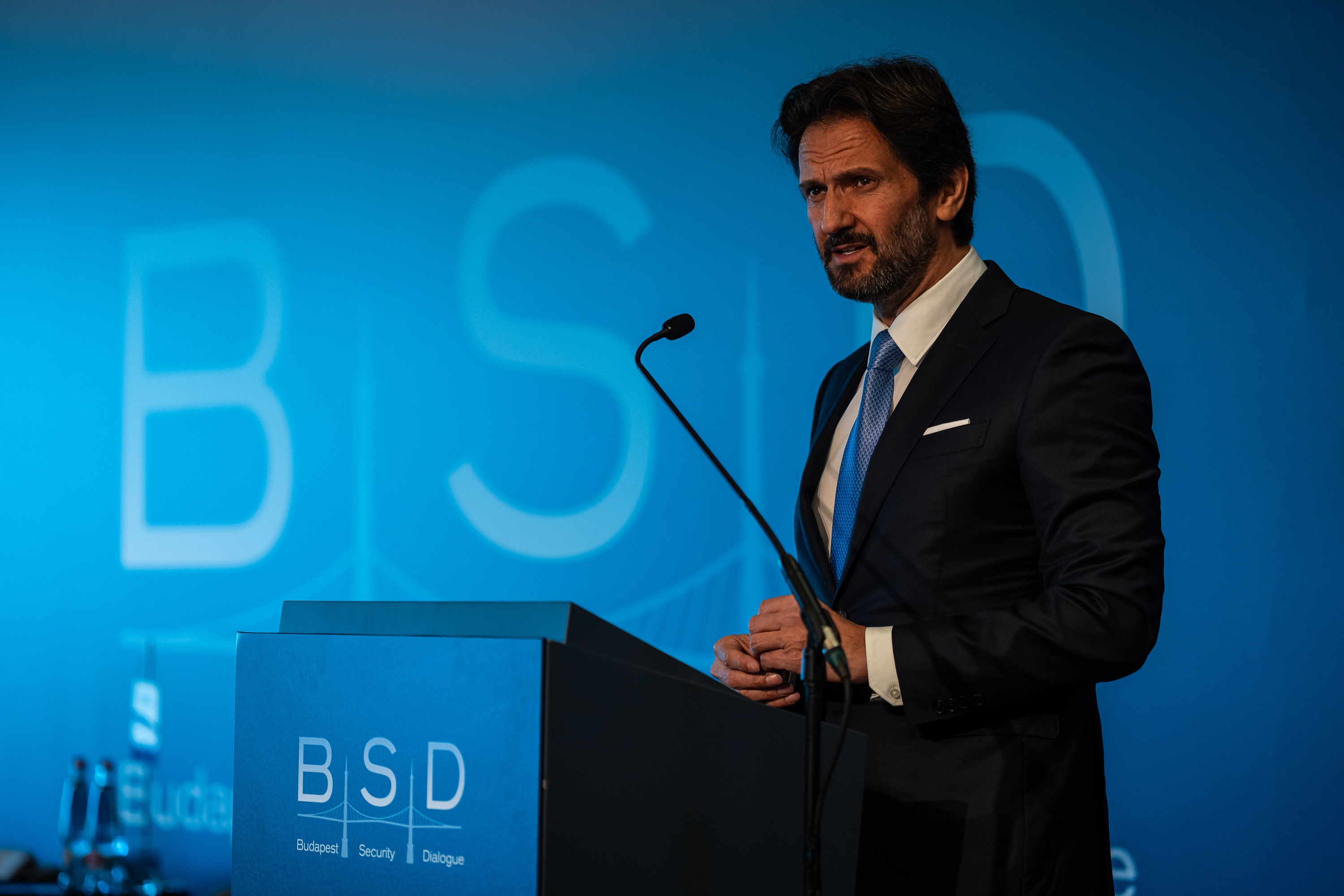
Robert Kaliňák, Slovakia’s Deputy Prime Minister and Minister of Defense.
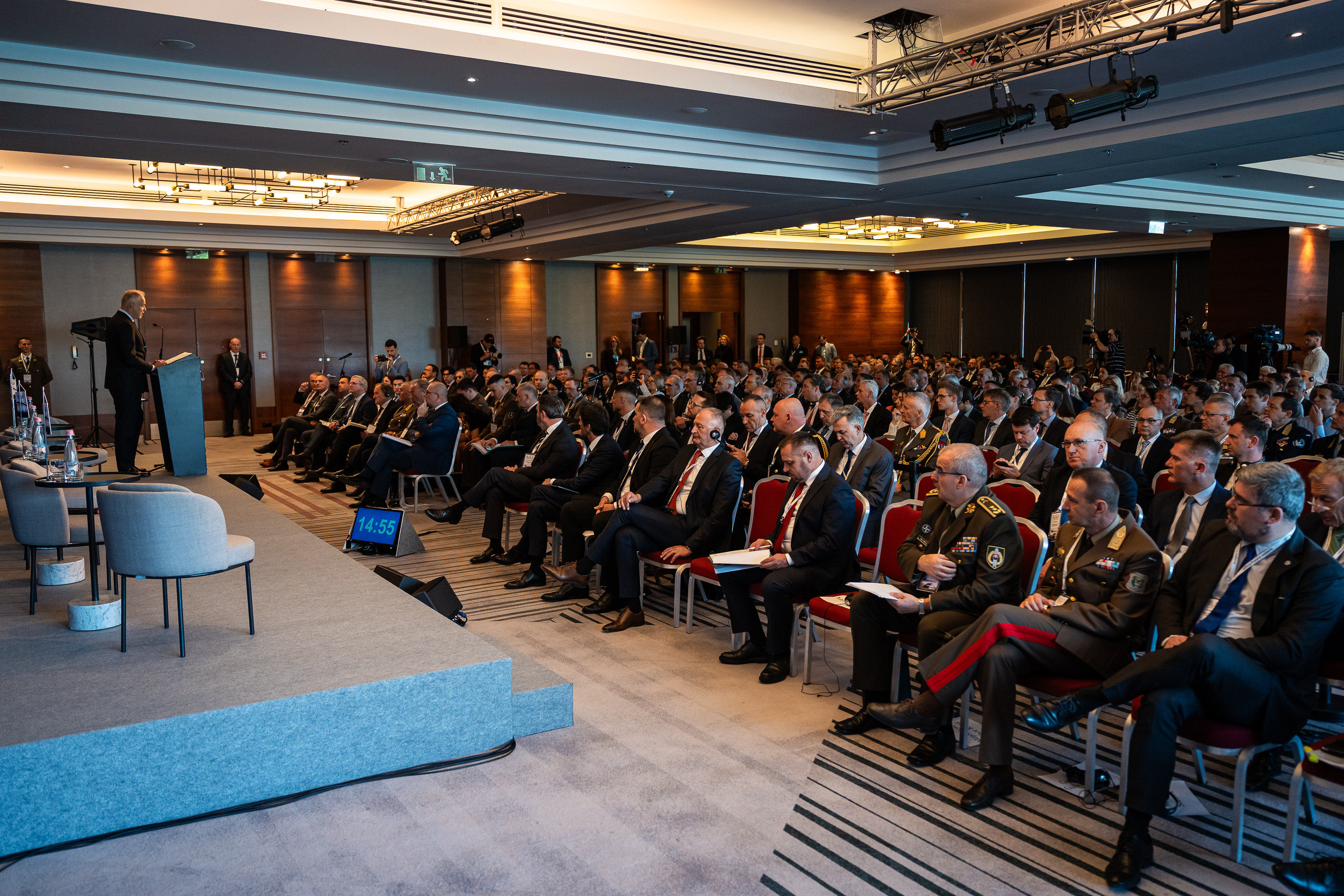
The room was packed for the keynote speech by Hungary’s Minister of Defense Kristóf Szalay-Bobrovniczky.
This article was first published in the Budapest Business Journal print issue of May 17, 2024.
SUPPORT THE BUDAPEST BUSINESS JOURNAL
Producing journalism that is worthy of the name is a costly business. For 27 years, the publishers, editors and reporters of the Budapest Business Journal have striven to bring you business news that works, information that you can trust, that is factual, accurate and presented without fear or favor.
Newspaper organizations across the globe have struggled to find a business model that allows them to continue to excel, without compromising their ability to perform. Most recently, some have experimented with the idea of involving their most important stakeholders, their readers.
We would like to offer that same opportunity to our readers. We would like to invite you to help us deliver the quality business journalism you require. Hit our Support the BBJ button and you can choose the how much and how often you send us your contributions.






